
- Article
- Article
Defying deafness through music
Did you know that Beethoven’s profession meant he was ashamed to admit to being deaf? Find out how similar prejudices persist today and how our writer is helping to break them down.

- Article
- Article
How hip-hop can save your mental health
Hip-hop is an unusual tool in the mental health professional’s armoury. But fans and performers can testify to the sympathetic and restorative powers of the genre.

- In pictures
- In pictures
Dark Matter responds to ‘Epidemic threats and racist legacies’
Animated-collage artist Dark Matter brings his unique combination of live footage and archive imagery to respond to a text suggesting that the field of epidemiology emerged in the 19th century imbued with the doctrine of Western imperialism.
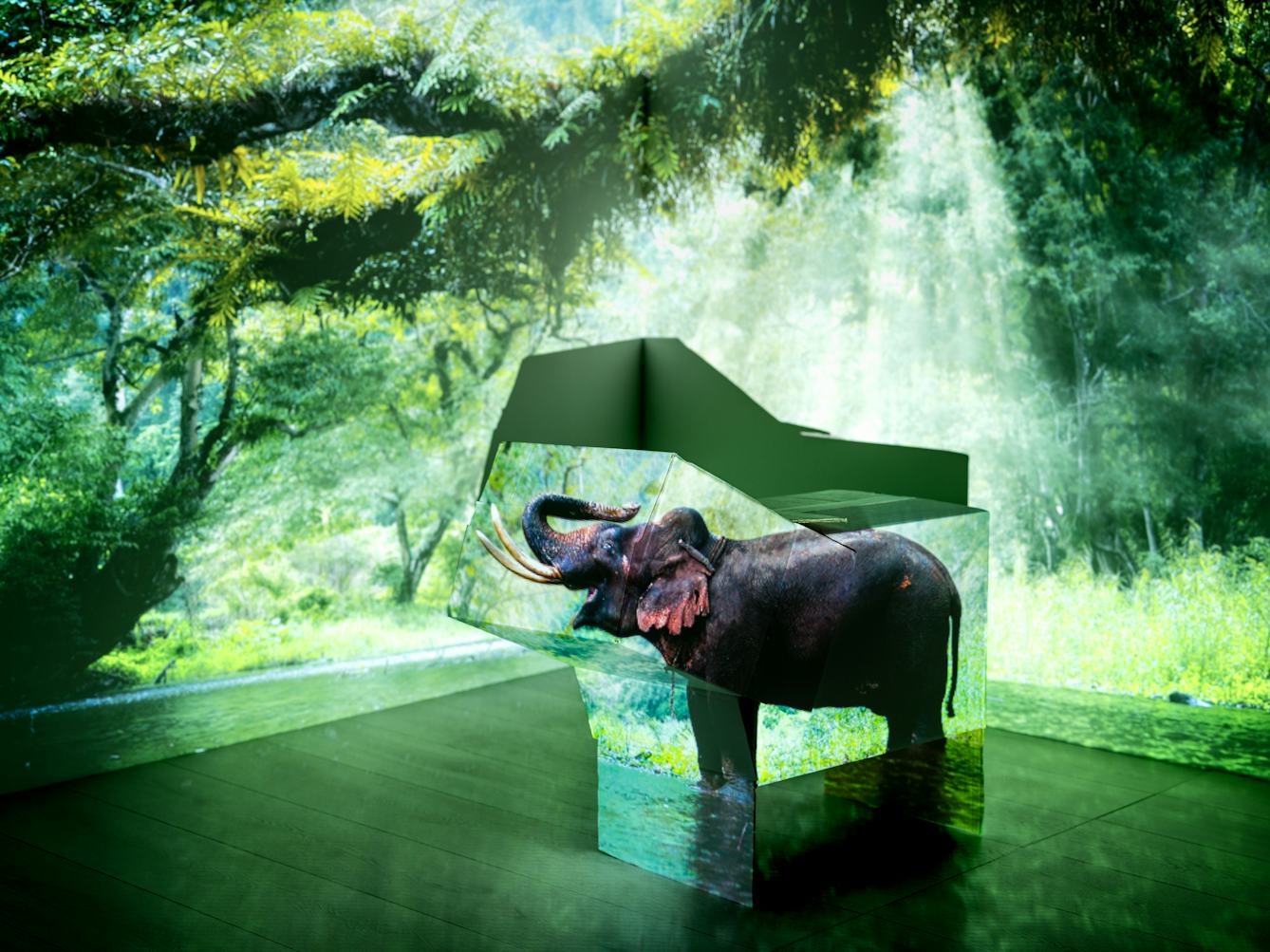
- Book extract
- Book extract
Why make-believe matters
Michael Rosen explores the point of play, and reveals why we should all do a little more daydreaming.
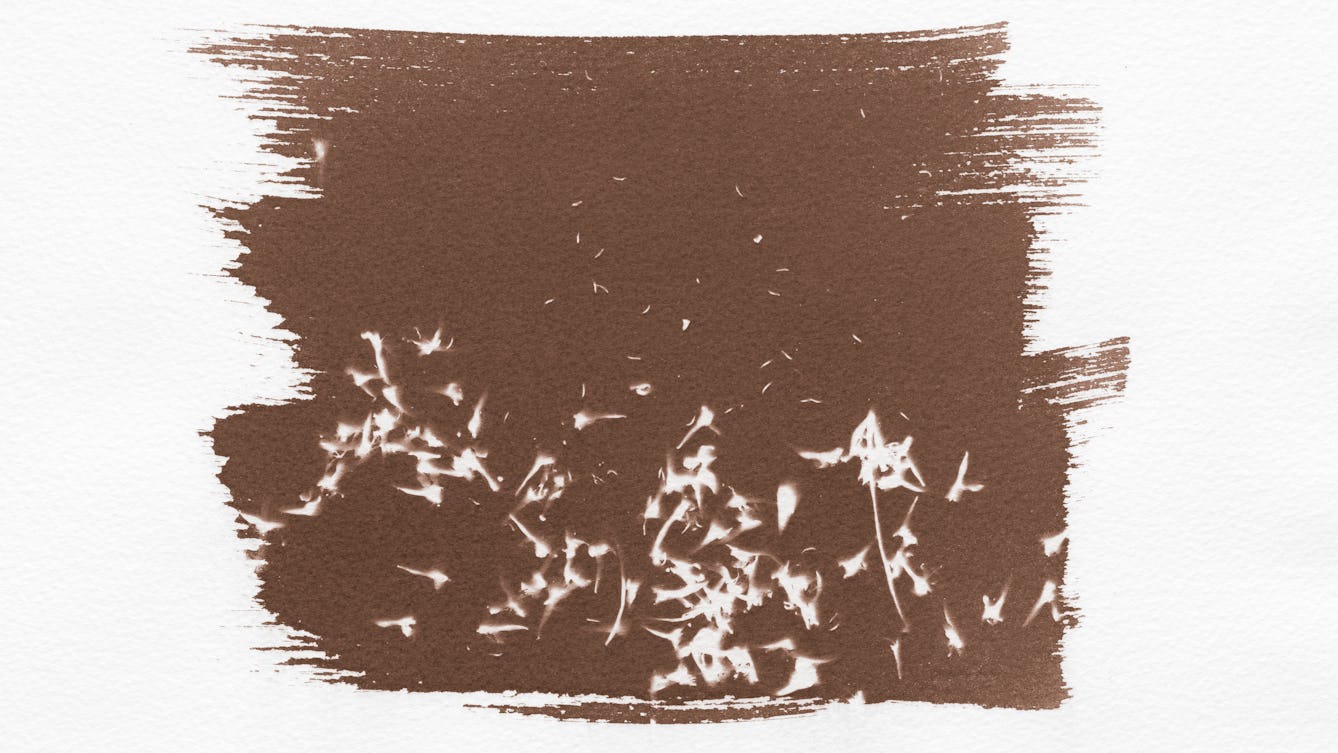
- Podcast
- Podcast
Wasteland
In the final episode of ‘The Root of the Matter’, JC takes us to the wasteland. It’s a space that can teach us some of the most profound lessons about the plant world and our relationship to it.
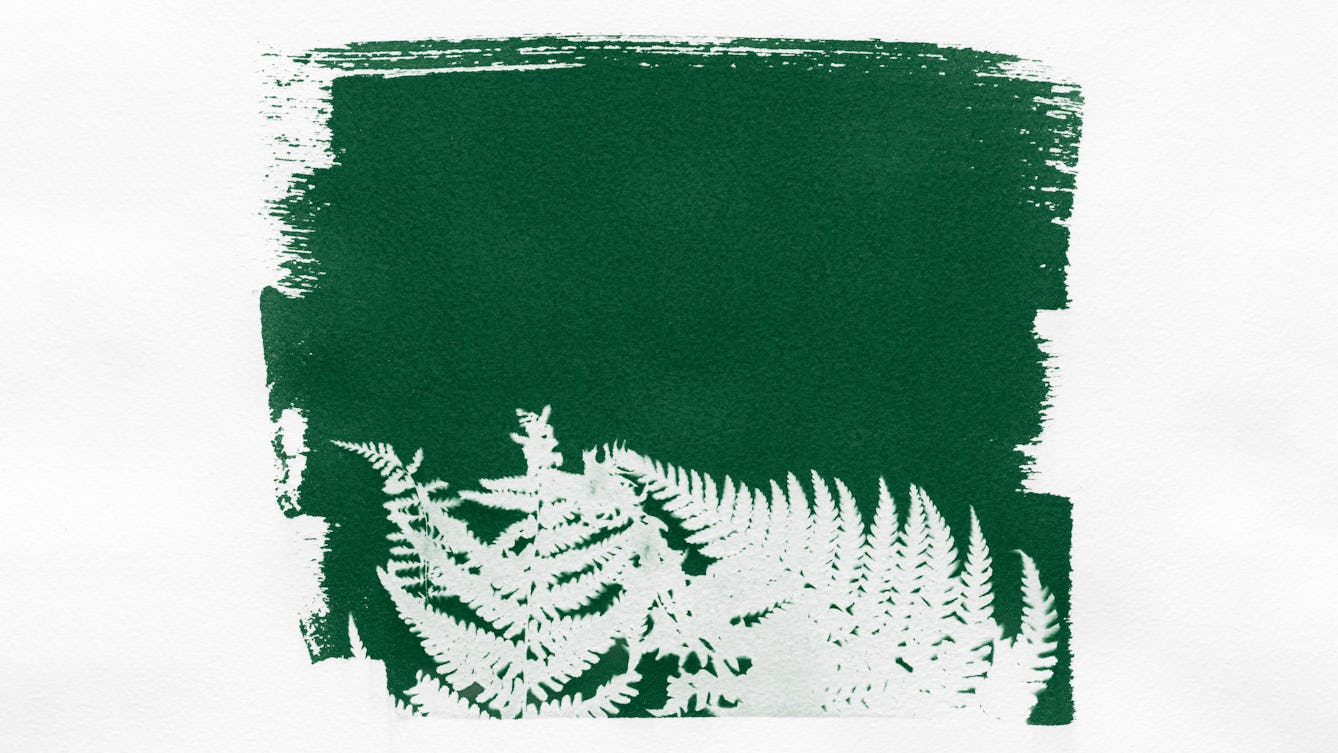
- Podcast
- Podcast
Woodland
In this episode, JC delves into the contradictions in our relationship with woodlands, and explores different ways we can think about them, if we are to use and protect them more wisely.
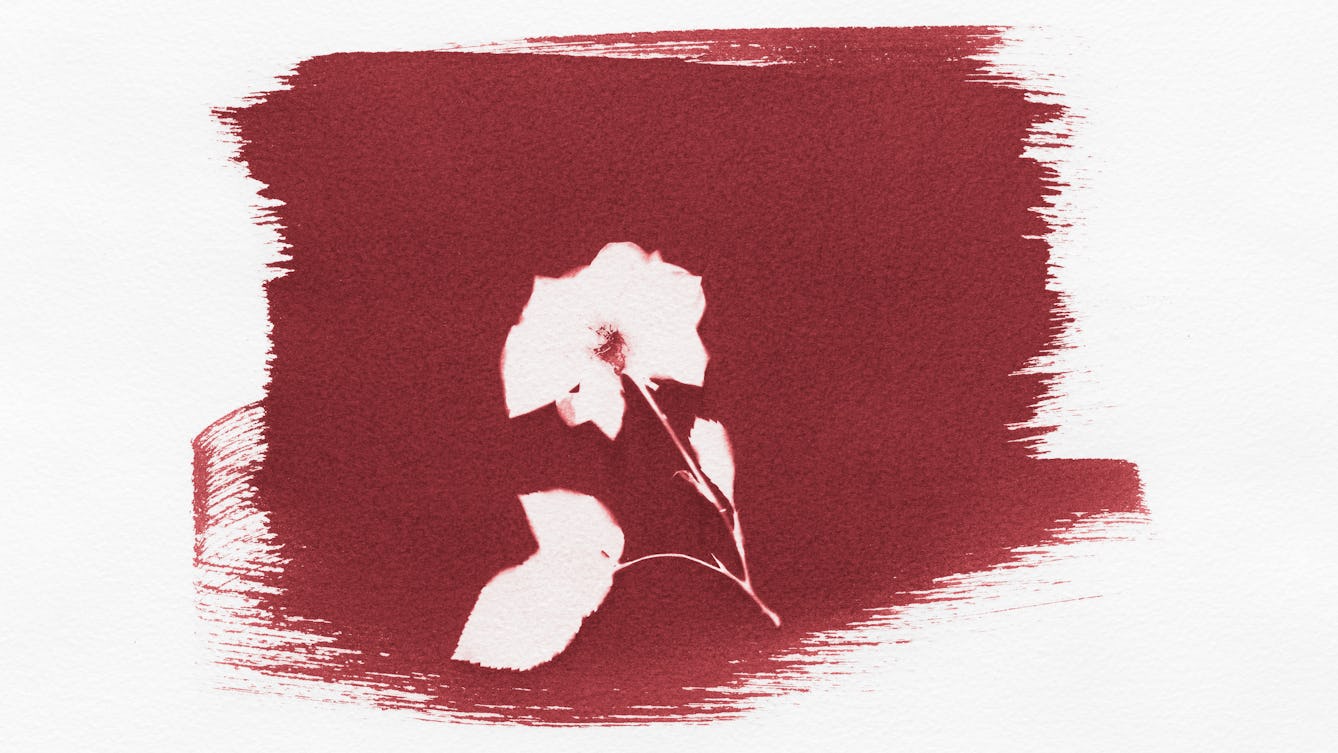
- Podcast
- Podcast
The Garden
We explore ideas of belonging and colonial legacies, guerrilla gardening in response to a tragic event, and the link between an urban nature reserve and a GP’s surgery.

- Article
- Article
Dementia playlists and musical memory
Listening to the right music can provide both solace and pleasure for someone with dementia, helping them to reconnect with the world around them. Grace Meadows makes the case for more music in dementia care.

- Article
- Article
Rocking psychiatry with R D Laing
Turn on, tune in, drop out. Discover how six rock songs from the 1960s and 1970s link the ideas of famous therapist R D Laing with the era’s counterculture.

- In pictures
- In pictures
Writing the language of music
The earliest surviving attempts to notate music date from the 10th century, and became increasingly precise and complex over the following millennium. Discover the visual beauty of music manuscripts through the ages, and how they help musicians interpret composers’ intentions.
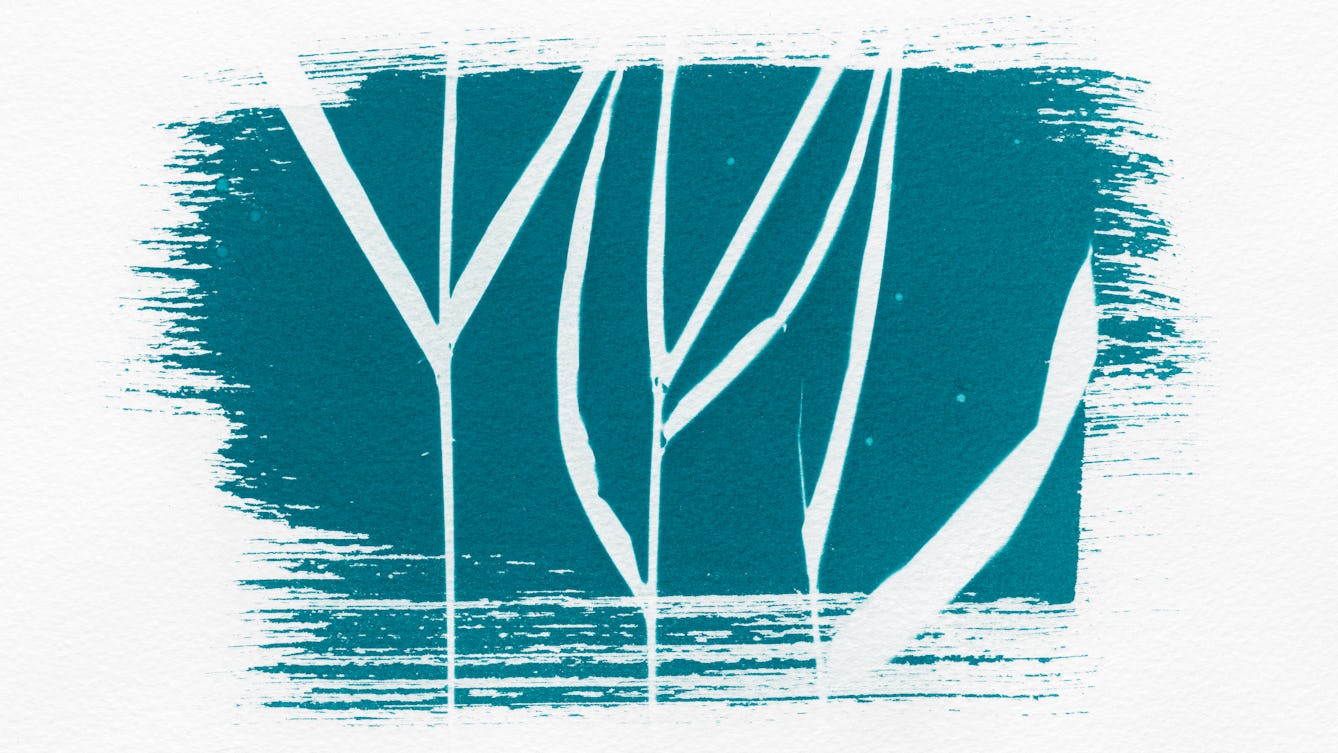
- Podcast
- Podcast
Wetland
In this episode, JC and her contributors invite you to rethink the idea of of boggy marshlands, and see the ecological health, biodiversity, and carbon capturing benefits of these misunderstood spaces.

- Podcast
- Podcast
Farmland
Fruit and vegetables link our hungry bodies to the world of plants. Yet many of us have little understanding of the farming industry and the impact that bringing crops to our plates has on the planet.

- Article
- Article
Tracing the toxic story of tear gas
Investigating tear gas – from factory to Black Lives Matter protest – Imani Jacqueline Brown uncovers a toxic legacy where pollution, violence and racism are intimately entwined.

- Article
- Article
Can our minds be taken hostage?
It’s not unusual for captives to end up feeling strong bonds with their captors. But is it a matter of submission or survival?
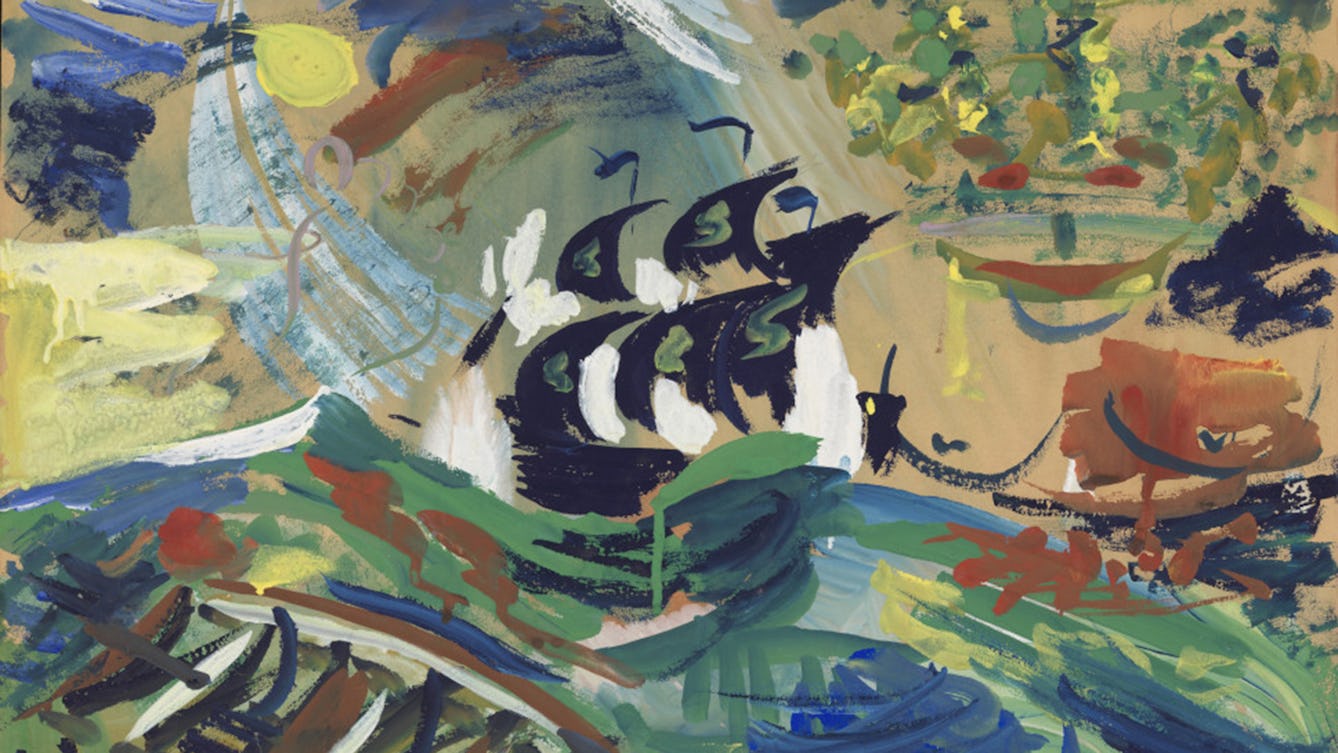
- Article
- Article
Picturing mental health
Ron Hampshire created artworks while resident at Netherne psychiatric hospital. What can we learn from them?

- Article
- Article
Why do victims become violent?
Witnessing both overt violence and coercive control can cause invisible harm to children. But preventing them from repeating that behaviour in the future remains a challenge.

- Article
- Article
Finding solidarity in arachnophobia
Arachnophobia is very different from just disliking spiders. Izzie Price shares the reality of having the phobia, and explores its likely origins.

- Article
- Article
Belonging and why we long for it
Tanya Perdikou’s upbringing emphasised conventional respectability, but other influential family members embraced the bohemian life. Caught between two sets of values, she questions where, if anywhere, she fits in.

- Article
- Article
Celebrating our soft toys
After cuddling a teddy bear cured her insomnia, Elspeth Wilson was inspired to speak to four other autistic and disabled adults, who praise the roles soft toys play in their lives.

- Book extract
- Book extract
A history of sex for sale
Kate Lister’s cultural history of the sex trade puts sex workers centre stage. In this extract, she argues why the way we write, think and talk about sex work matters.

- Article
- Article
Coleridge’s hypochondria
An intense focus on his own bodily sensations led poet Samuel Taylor Coleridge to self-medicate with narcotics. But this fascination also put Coleridge ahead of the medical sensibilities of his day.

- Article
- Article
Epidemic threats and racist legacies
Epidemiology is the systematic, data-driven study of health and disease in populations. But as historian Jacob Steere-Williams suggests, this most scientific of fields emerged in the 19th century imbued with a doctrine of Western imperialism – a legacy that continues to influence how we talk about disease.

- Podcast
- Podcast
Hope
In the first episode of our podcast series ‘Hello Happiness’, Bidisha explores our emotions – focusing on hope – with a diverse range of scientists, historians, artists and activists.
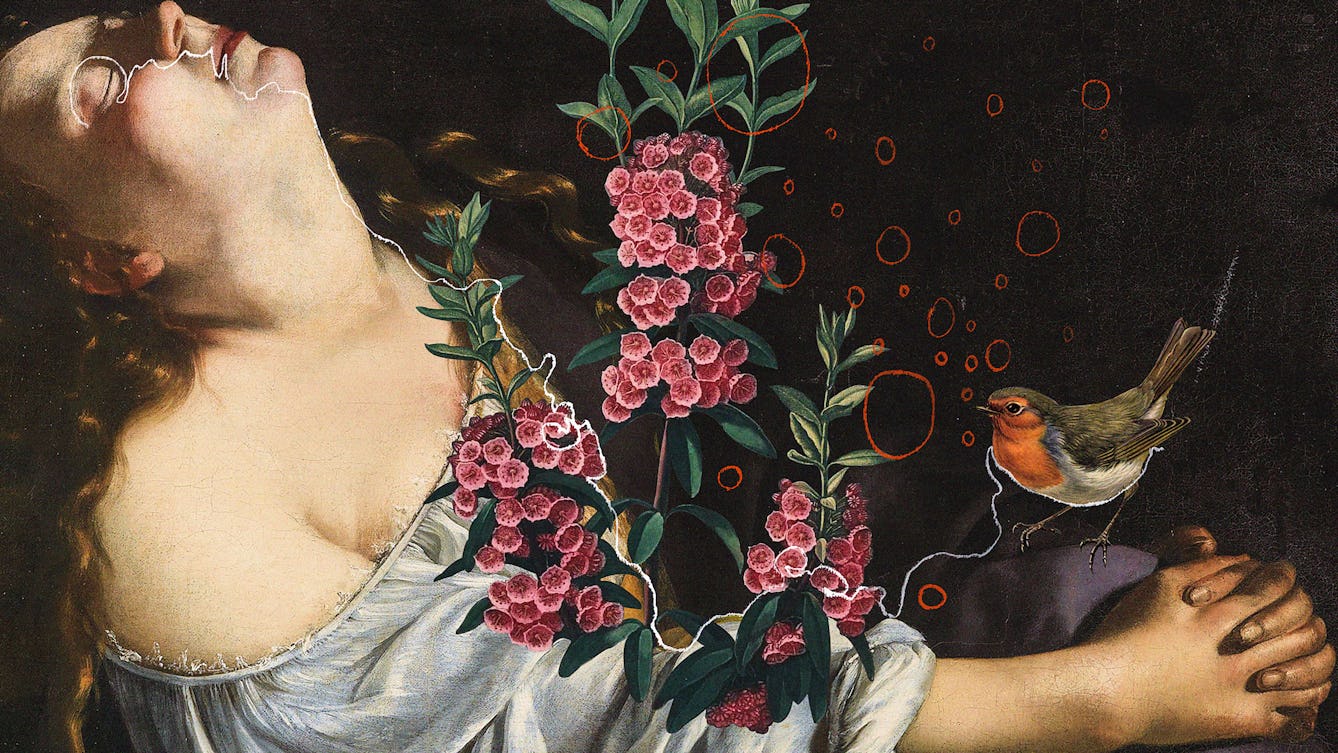
- Book extract
- Book extract
Dangers inside and out
Eimear McBride reflects on the deadly consequences of misogyny in the wake of the murder of Sarah Everard and argues why advising women to simply “stay indoors” is wrong.

- Article
- Article
How can we prevent violence?
Evidence shows that strategies to prevent some types of violence can be very effective, while other, less well-acknowledged forms continue unabated. But hope can still guide us into a more peaceful future.